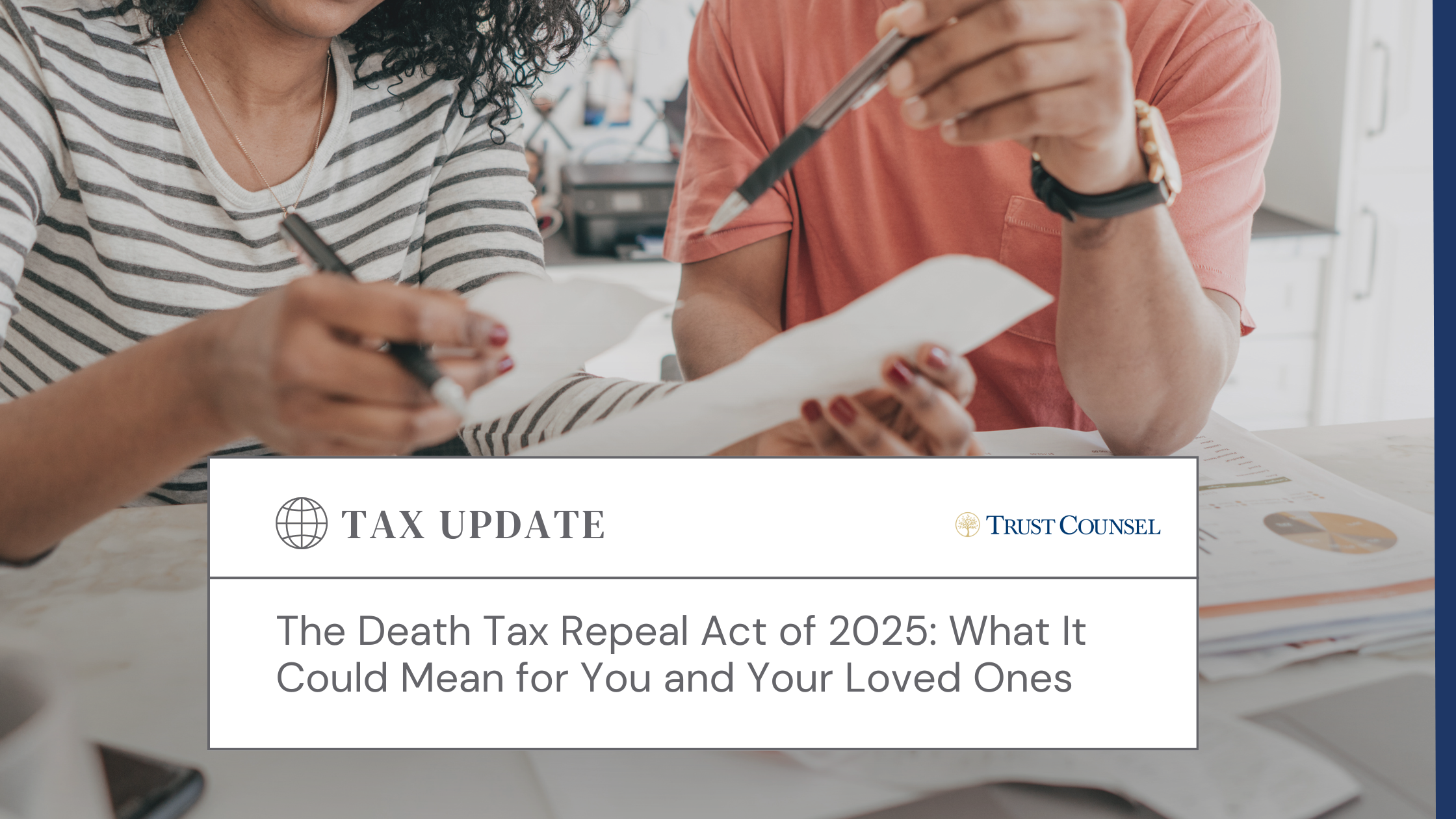
Thanks to advances in medical treatment and the development of assistive technologies, individuals with special needs are living longer and more productive lives today, than ever before.
While this is positive news, it presents a unique set of estate planning challenges for families and legal guardians who often ask, “How do I set aside financial resources for my child’s lifetime care without sacrificing their continued eligibility for government-sponsored benefits?”
Generally speaking, estate planning for a disabled dependent should involve a three-prong approach: (1) Private planning via a Special Needs Trust; (2) monthly income from public benefits (e.g. Supplemental Security Income, Medicaid); and (3) a private savings account.
New Program Helps Encourage Private Savings
Until July 1 of this year when a new law went into effect, disabled individuals were limited to accumulating only $2,000 in personal savings in order to be eligible for public benefits.
Fortunately, that changed with the passage of the Achieving a Better Life Experience Act of 2014 (ABLE). ABLE is a federal program structured under the same set of tax laws governing 529 plans that were designed to provide tax advantages when saving for higher education.
Bob Casey, the U. S. Senator who spearheaded ABLE’s passage was quoted as saying, “As a country, we’ve basically said that we value saving for higher education using a 529 plan, but we don’t value saving for the basic needs that are connected to a disability.”
Administered in Florida under the name “ABLE United,” beginning July 1, 2016, individuals with special needs now have access to a tax-free (limitations apply) financial planning tool designed to shield private assets from jeopardizing the individual’s eligibility for government benefits. Disabled individuals can accumulate up to $100,000 tax-free to assist them with necessary expenses such as:
· Education
· Housing
· Transportation
· Employment training and support
· Assistive technology and personal support services
· Legal fees
· Expenses for oversight and monitoring
· Funeral and burial expenses
· Any other expenses approved under regulations
Eligibility and Tax Implications
To qualify for an ABLE account, the person must have been disabled before his or her 26th birthday.
An eligible individual is someone who:
· Receives Social Security Disability Insurance (SSDI)
or Supplemental Security Income (SSI)
· Files a disability certification under IRS rules
Families can contribute up to the maximum gift exclusion each year, which is $14,000 for 2016. The disabled individual will be the account owner and designated beneficiary. If the account retains over $100,000, then government benefits can be suspended, but they are not terminated.
An ABLE Account in Tandem with a Special Needs Trust
In traditional estate planning, life insurance has been considered a critical component in providing economic security for loved ones left behind. However, the proceeds from a life insurance policy cannot be used to fund an ABLE account.
On the other hand, a Special Needs Trust is often designated as the beneficiary for a life insurance policy and other assets intended for the benefit of the child (without affecting eligibility for government benefits). However, the downside to this approach is that income from a Special Needs Trust generally has tax consequences.
That’s why we believe clients will want to view ABLE accounts as a complement to a Special Needs Trust, versus a replacement. Using an ABLE account in tandem with a Special Needs Trust enables the family to optimize the advantages of: (1) maintaining eligibility for government benefits, (2) accumulating private savings up to $100,000 tax-free, and (3) providing a vehicle for life insurance and other assets from the estate to be used for the benefit of the child without jeopardizing government benefits.
In short, each approach has its own advantages. But overall, the passage of the ABLE legislation is a major step forward in planning for those with special needs.
To your Family’s Health Wealth & Prosperity,
Your Estate Planning Attorneys at Marenco Warshofsky & Partners





